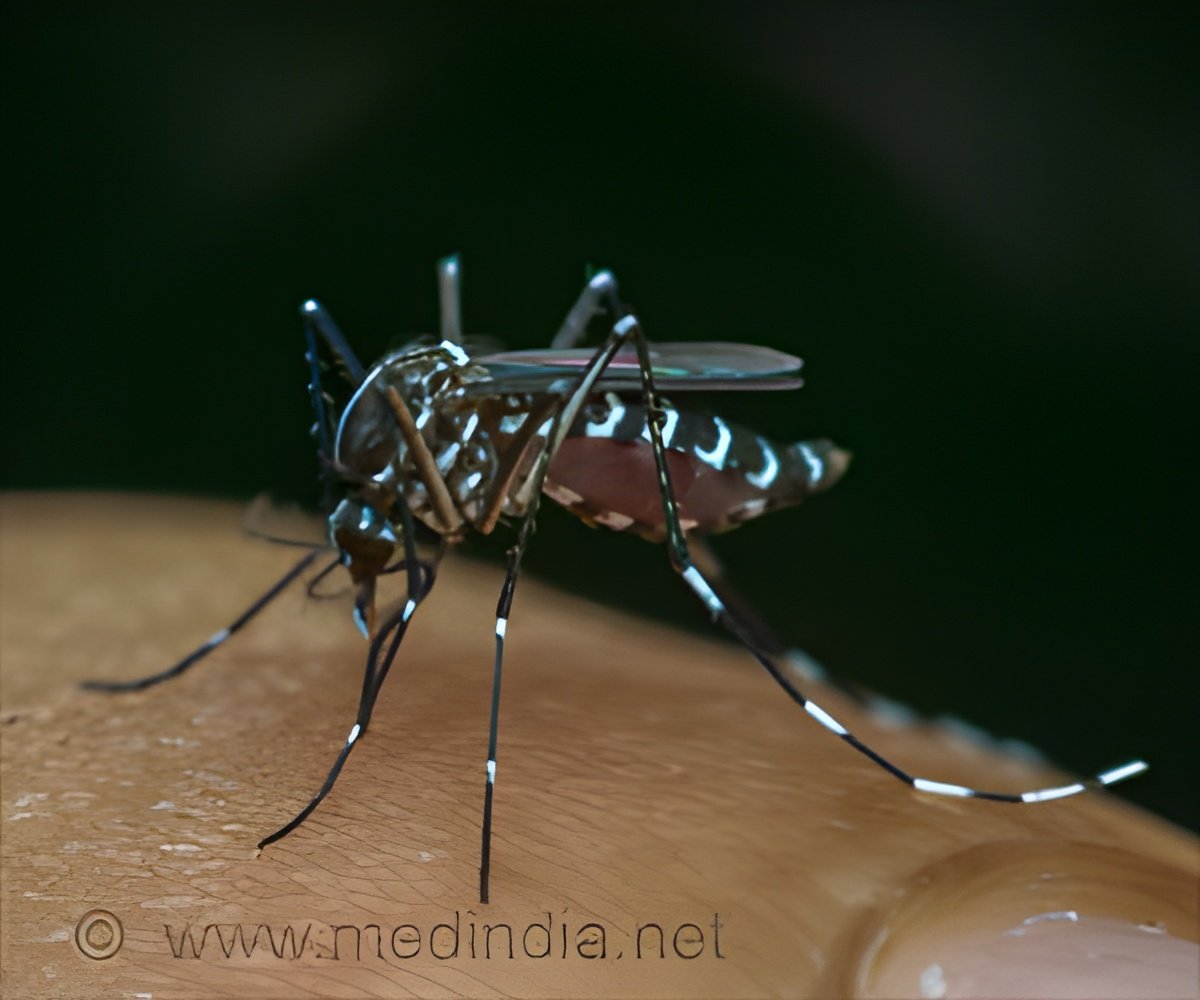
‘The study results identify antigens that could be included in future and more effective multivalent vaccines.’
Tweet it Now
In this study, the authors investigated how vaccination affects natural immunity to the parasite upon subsequent exposure. "To date, most studies had focused on evaluating vaccine-specific responses but not responses towards other parasite antigens," explains Gemma Moncunill, last author of the study. The RTS,S vaccine contains one single parasitic antigen: a fragment of the CSP protein. The research team analysed serum samples obtained from 195 children, vaccinated or not, who made part of the phase III RTS,S clinical trial and were followed up during 12 months. 78 were from Kintampo, Ghana, a region with high malaria transmission, and 115 were from Manhiça, Mozambique, where transmission is low to moderate. They studied the levels and type of antibodies recognising a total of 38 P. falciparum antigens, including the CSP protein, before and after vaccination.
They found three patterns of antibody responses to these antigens: those that decrease after vaccination, those that are unchanged, and those that increase. Many antibodies in the first group are considered markers of parasite exposure and were associated with a higher malaria risk. Those in the third group were associated with protection - they reduced by half the risk of developing the disease. These protective antibodies mostly recognised antigens expressed by parasite stages that circulate in the blood ant that infect red blood cells.
"We think that the partial efficacy of the vaccine allows low infection levels upon subsequent parasite exposure which in turn leads to the production of protective antibodies," explains Carlota Dobaño. "This effect would be observed especially in regions with low to moderate transmission levels," she adds.
Source-Eurekalert














